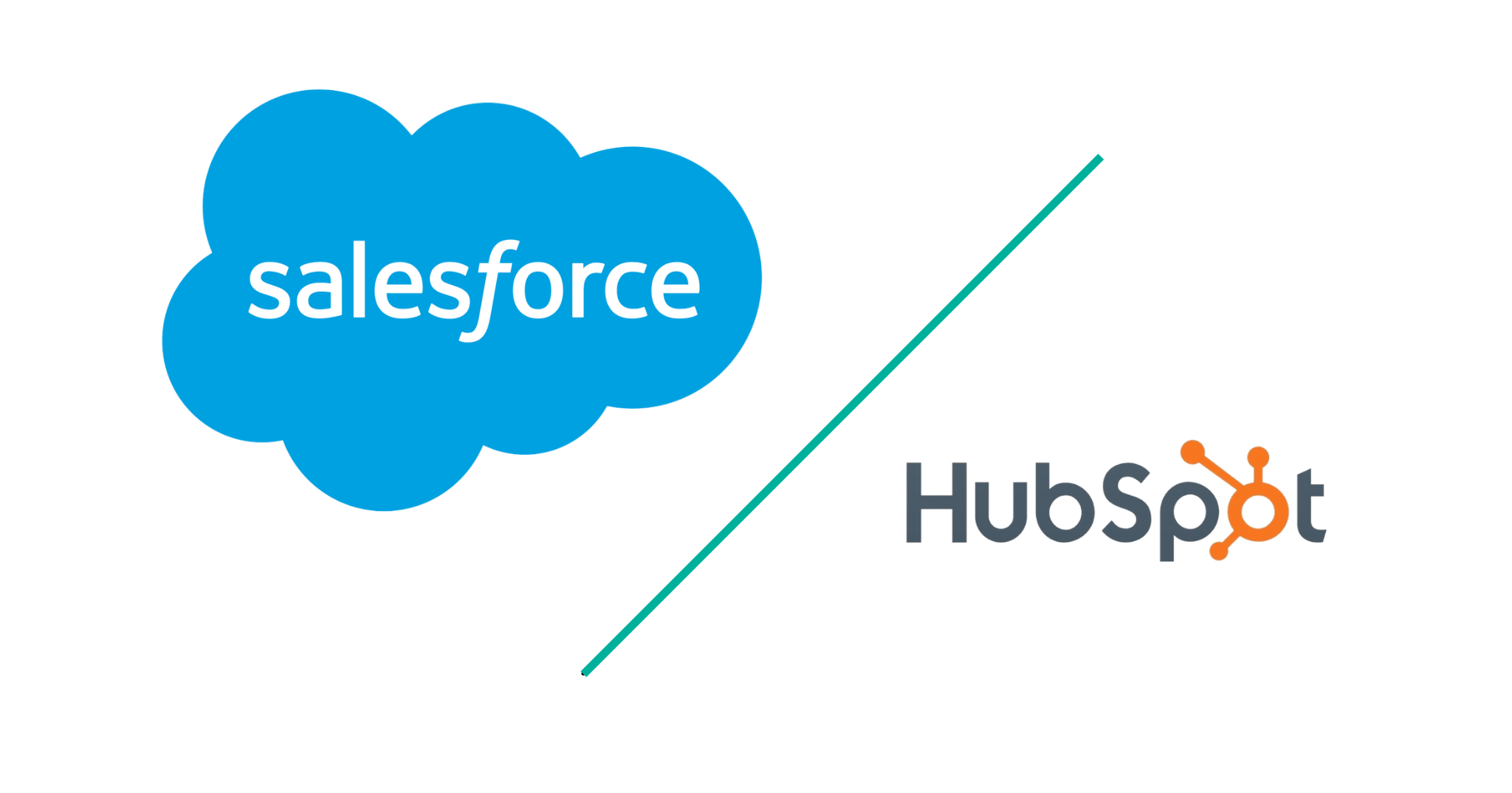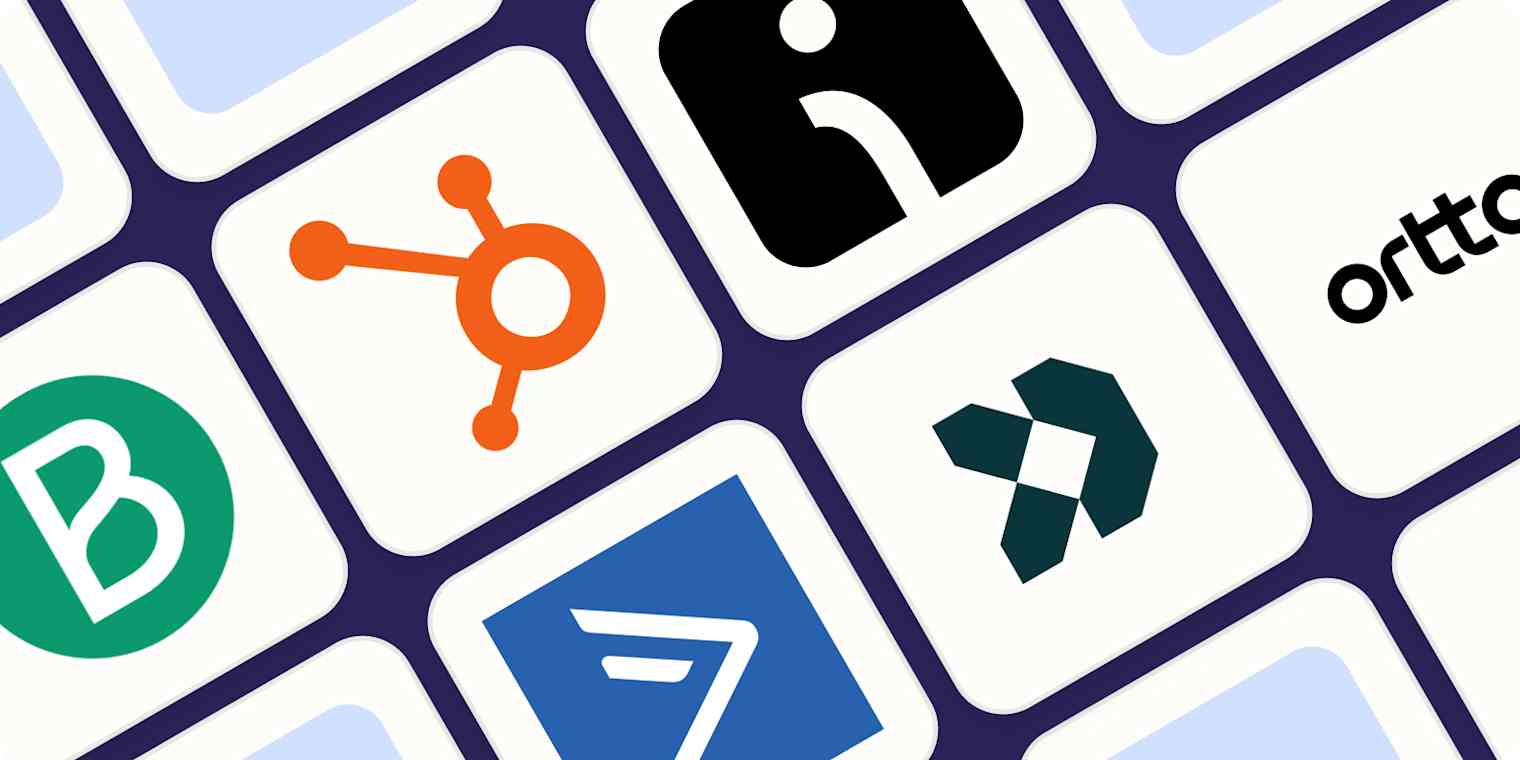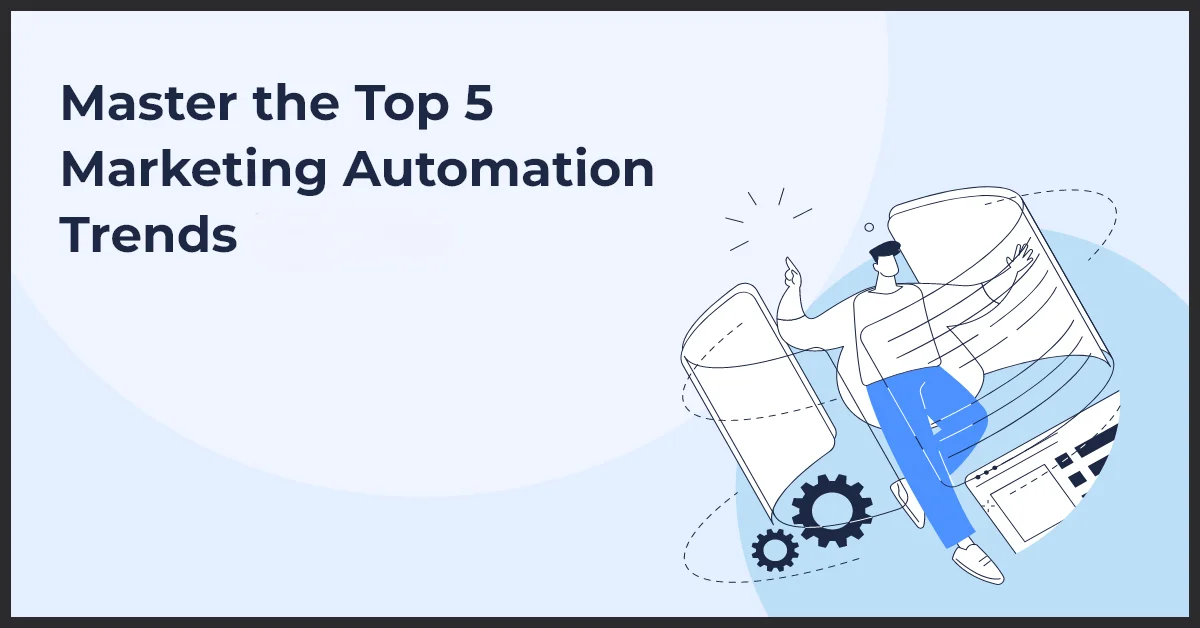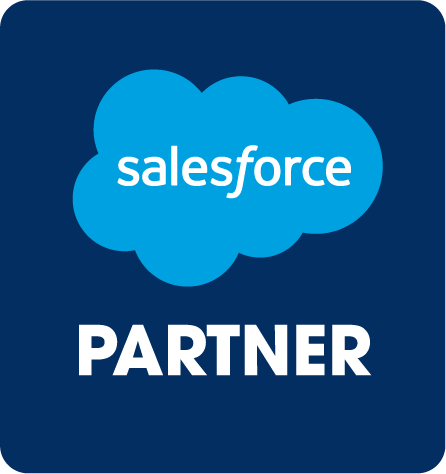When it comes to marketing automation tools, Salesforce and HubSpot dominate the market with their respective flagship products: Salesforce Marketing Cloud and HubSpot Marketing Hub. While both platforms are designed to help businesses streamline their marketing efforts, they cater to different audiences and excel in distinct areas. In this comparison, we’ll explore their features, capabilities, and suitability for different business needs.
Who Are These Platforms Designed For?
Understanding the target audience is essential when comparing Salesforce Marketing Cloud and HubSpot.
HubSpot: Built for Ambitious SMBs
HubSpot positions itself as a platform for small and medium-sized businesses (SMBs) to scale quickly. Its tagline, “helping scaling businesses grow better,” reflects its focus on user-friendly tools that require minimal setup. The intuitive interface makes it ideal for teams without extensive technical expertise.
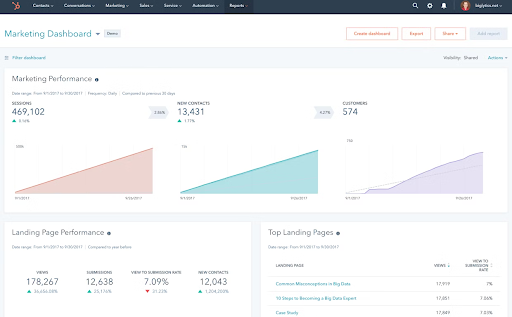
Salesforce: Enterprise-Grade Solutions
Salesforce, on the other hand, is a powerhouse for enterprise-level organizations. It is particularly well-suited for large, established companies managing complex marketing campaigns and extensive customer data. Salesforce’s marketing products, including Marketing Cloud Engagement (formerly ExactTarget) and Marketing Cloud Account Engagement (formerly Pardot), cater to B2C and B2B audiences, offering advanced data segmentation and integration features.
Key Feature Comparisons
CRM Integration
One of the standout differences between Salesforce and HubSpot lies in CRM integration. Salesforce Marketing Cloud integrates seamlessly with Salesforce CRM, the most widely used CRM in the market. This deep integration allows for advanced data sharing, automated workflows, and unparalleled customization. For businesses already using Salesforce CRM, Marketing Cloud is the natural choice.
HubSpot, while offering its own CRM and native integration with Salesforce, lacks the depth of integration provided by Salesforce Marketing Cloud. HubSpot’s integration can sometimes result in mismatched data or limitations in transferring complex lists. However, for businesses using third-party CRMs, HubSpot provides a simple setup via API and app connectors.
Data Management
Salesforce Marketing Cloud takes the lead in flexibility and scale. Its Data Cloud add-on allows businesses to unify customer data from multiple sources, providing a holistic view of prospects. However, managing data hygiene requires technical expertise, and the platform isn’t as intuitive for spotting duplicates or sync issues.
HubSpot excels in simplicity. Its data quality tools, such as the Data Quality Command Center, make it easy to monitor and clean data without advanced training. Features like duplicate detection and formatting notifications are user-friendly and well-suited for SMBs.
Lead Nurturing
Lead nurturing is another area where the platforms differ significantly. HubSpot shines in creating straightforward automated workflows for lead nurturing. Its predictive lead scoring is easy to set up, helping marketers identify high-value prospects. However, HubSpot lacks lead grading capabilities, meaning irrelevant prospects may still impact campaign performance.
Salesforce Marketing Cloud, particularly with Account Engagement, offers a more advanced approach. It combines lead scoring and grading, ensuring that only the most qualified leads are prioritized. With the addition of AI-powered Einstein Behavior Scoring, businesses can gain deeper insights into prospect engagement.
Where Salesforce Excels
Salesforce is the clear choice for enterprises requiring sophisticated data segmentation, integration, and reporting. For instance, the B2B Marketing Analytics (B2BMA) tool in Account Engagement provides in-depth dashboards that combine data from Salesforce CRM and marketing campaigns, enabling precise performance tracking. Additionally, the ability to manage relational data models and create custom solutions makes it ideal for large-scale, complex operations.
Where HubSpot Excels
HubSpot is the better option for SMBs and teams that prioritize ease of use and fast deployment. Its user-friendly interface, coupled with a wealth of training resources, minimizes the learning curve. For example, HubSpot’s Campaign reporting is highly visual and collaborative, allowing marketers to quickly assess performance and make adjustments without technical expertise.
Conclusion: Choosing the Right Tool
Ultimately, the choice between Salesforce Marketing Cloud and HubSpot depends on your business needs. Enterprises with complex data and integration requirements will find Salesforce’s robust features indispensable. Meanwhile, SMBs looking for a simple, scalable solution will appreciate HubSpot’s intuitive tools and lower entry barriers.
At MarketCatch Inc., we specialize in Salesforce Marketing Cloud. Our goal is to help you get the most out of Salesforce and achieve your business objectives.
We offer a range of services, including Salesforce implementation, customization, integration, data migration, training, and ongoing support. Our goal is to help you get the most out of Salesforce and achieve your business objectives.
Frequently Asked Questions
1. Which platform is better for small businesses, Salesforce Marketing Cloud or HubSpot?
HubSpot is generally better for small businesses due to its intuitive interface, ease of use, and affordable pricing. It’s designed for teams with minimal technical expertise and offers all-in-one marketing solutions that are simple to set up and scale.
2. Does Salesforce Marketing Cloud integrate with HubSpot CRM?
No, Salesforce Marketing Cloud does not natively integrate with HubSpot CRM. However, both platforms can connect through third-party tools like Zapier or custom APIs. For seamless integration, Salesforce Marketing Cloud works best with Salesforce CRM.
3. Which platform is more cost-effective?
HubSpot tends to be more cost-effective for small to medium-sized businesses, as its pricing is more transparent and includes a free CRM. Salesforce Marketing Cloud, while more expensive, offers advanced features and customization options suited for enterprise-level needs.
4. Can I switch from HubSpot to Salesforce Marketing Cloud later?
Yes, businesses can migrate from HubSpot to Salesforce Marketing Cloud as they scale. However, the transition may require additional resources for data migration and team training, given the complexity of Salesforce Marketing Cloud. Consulting an expert can help ensure a smooth migration process.
